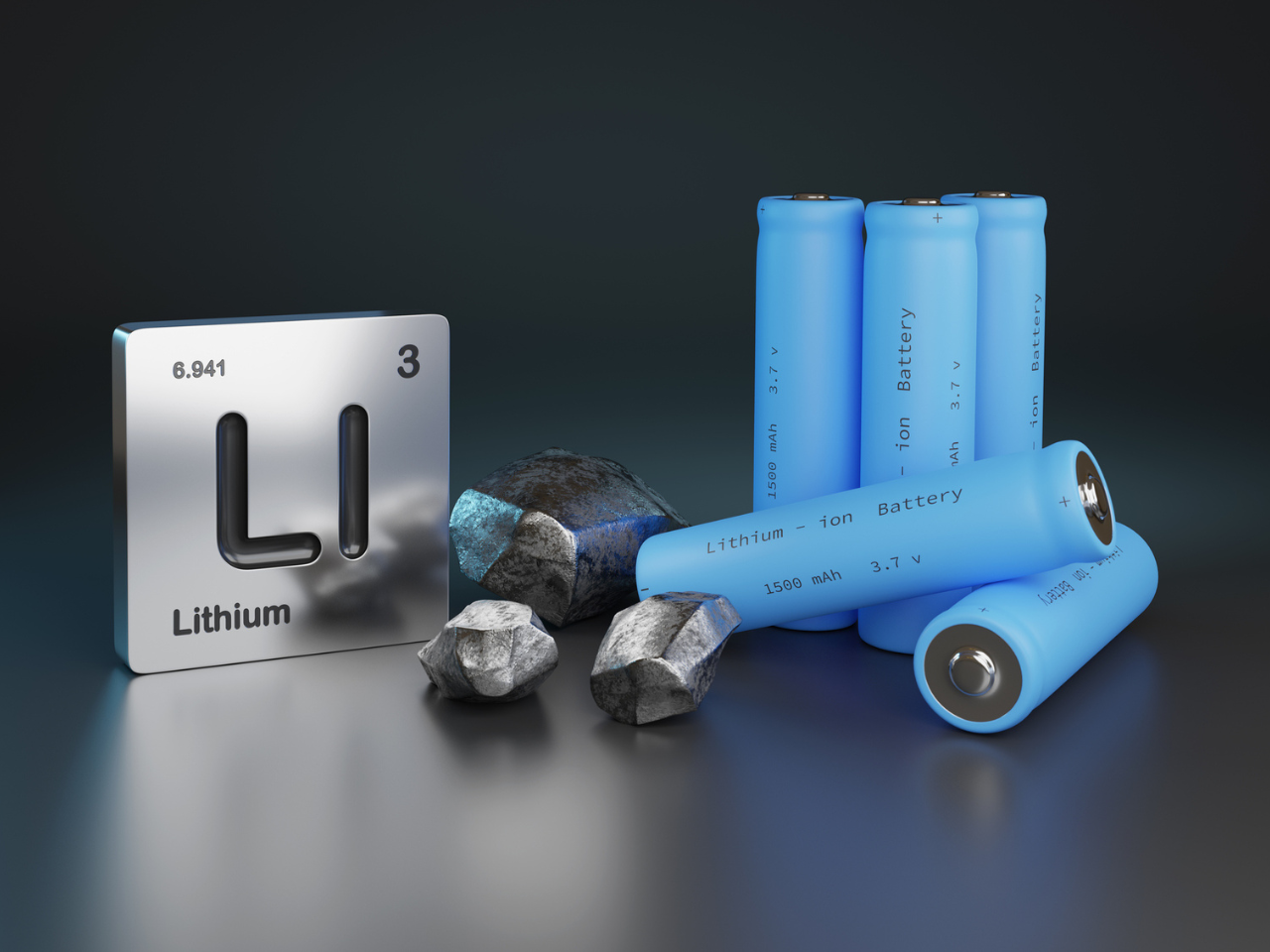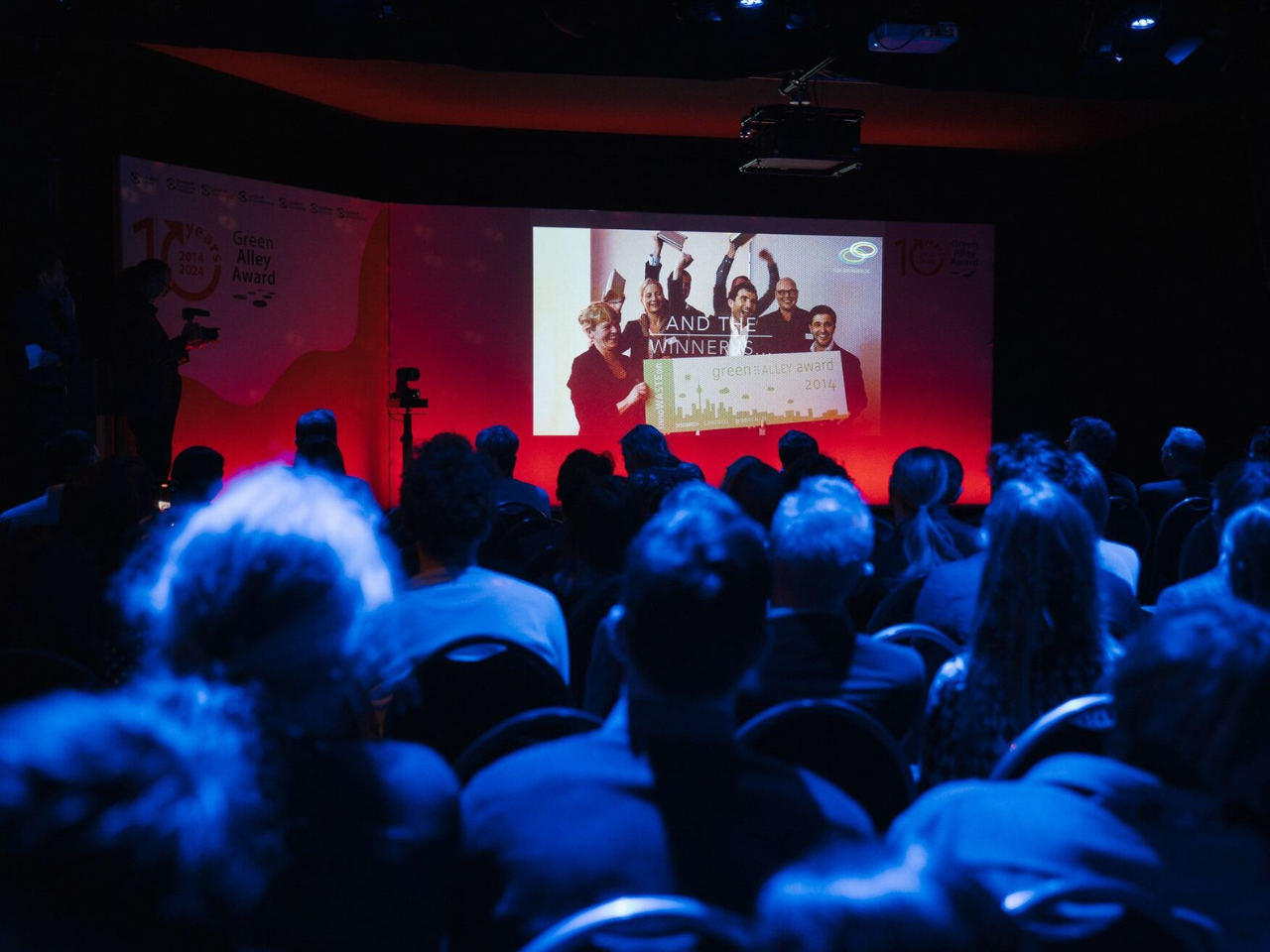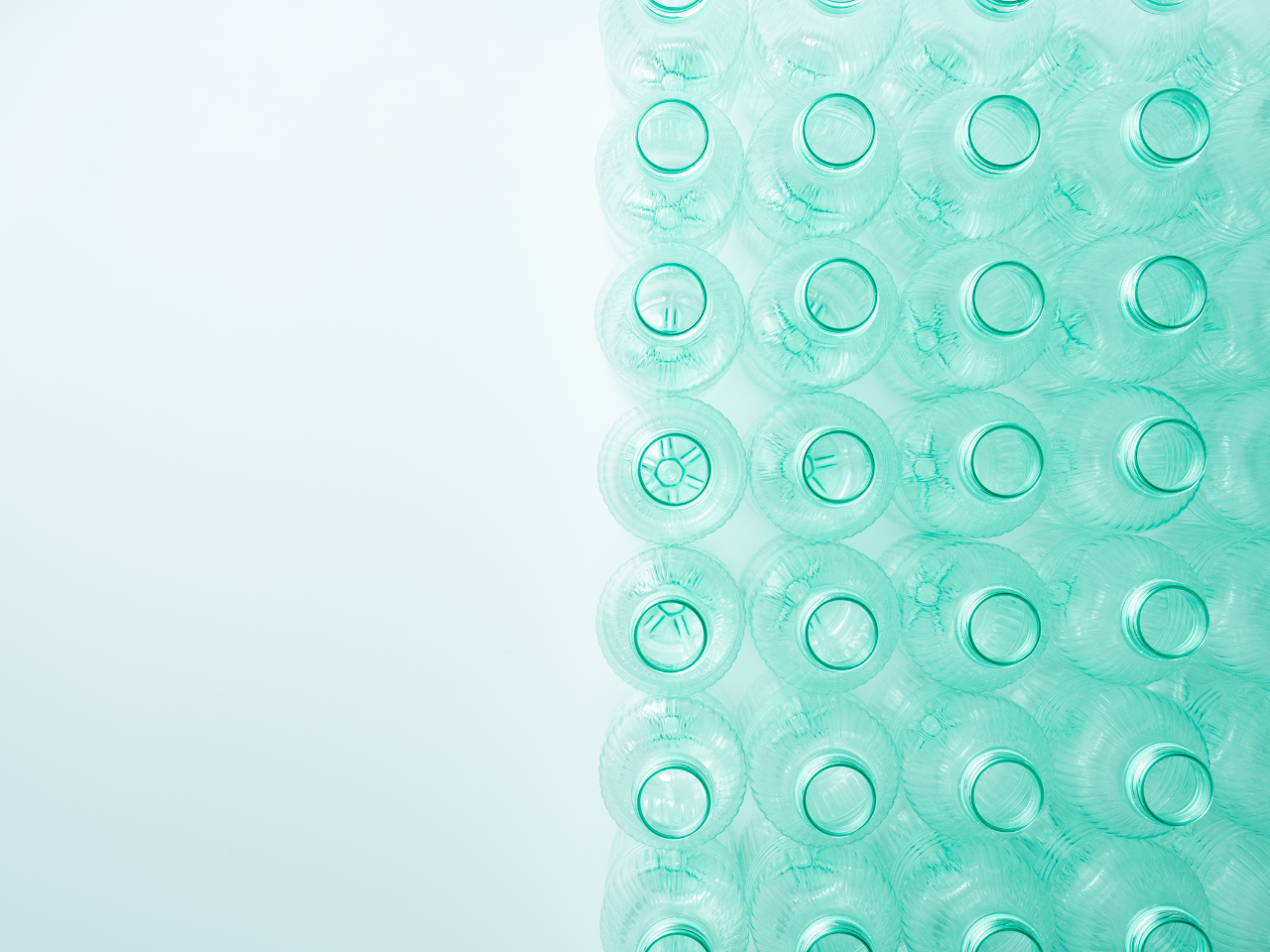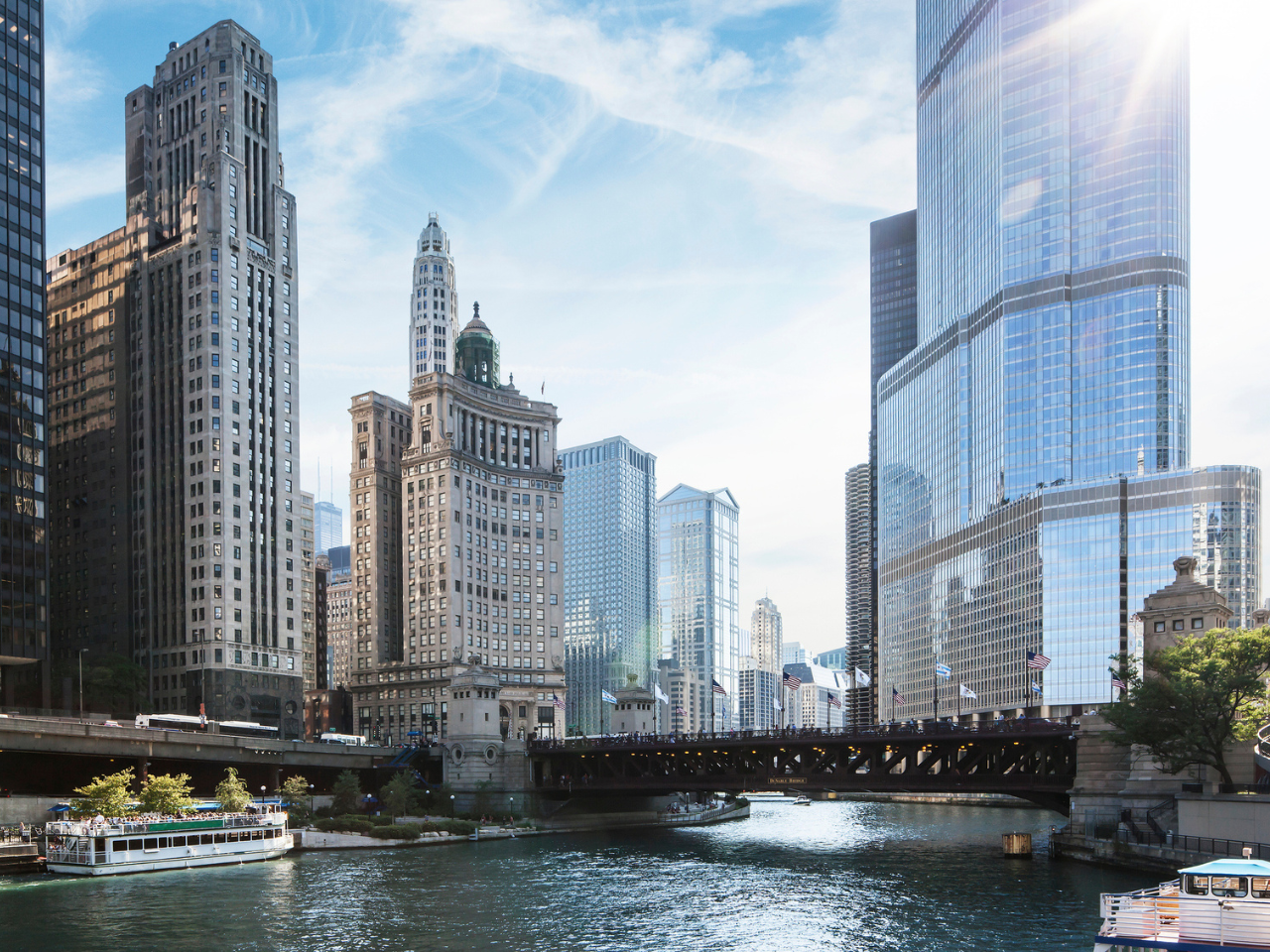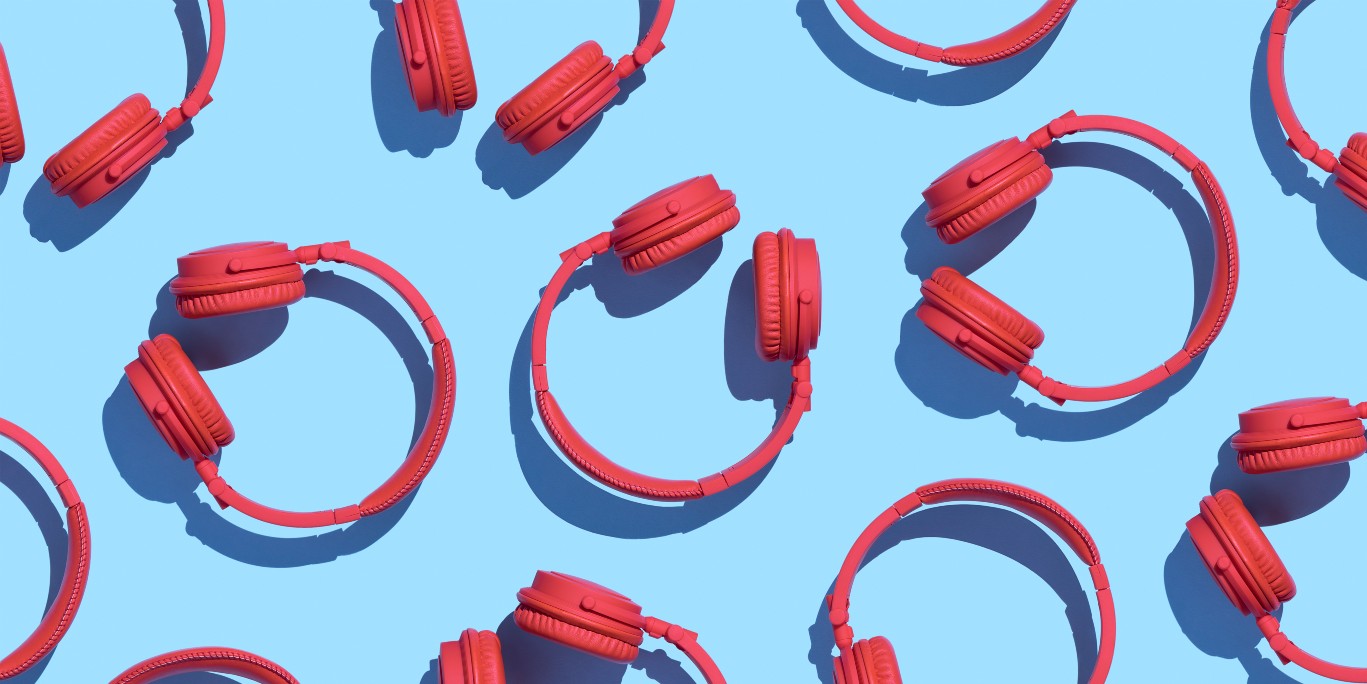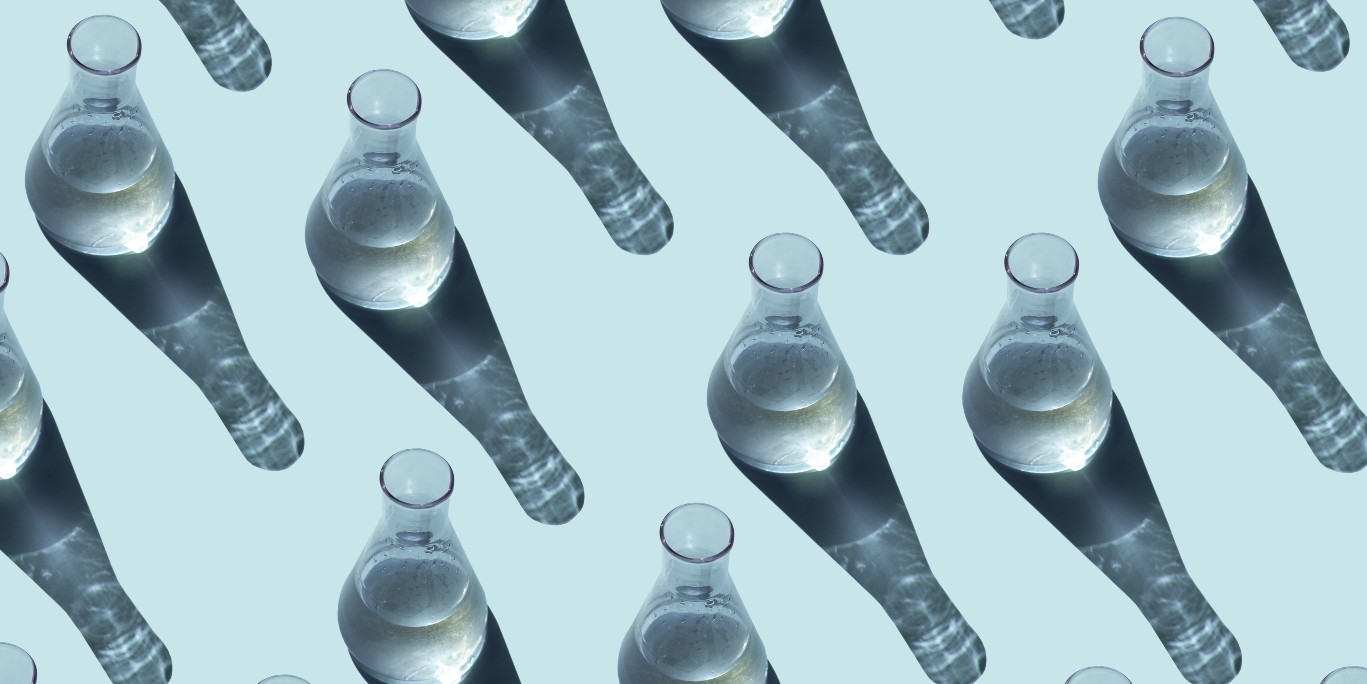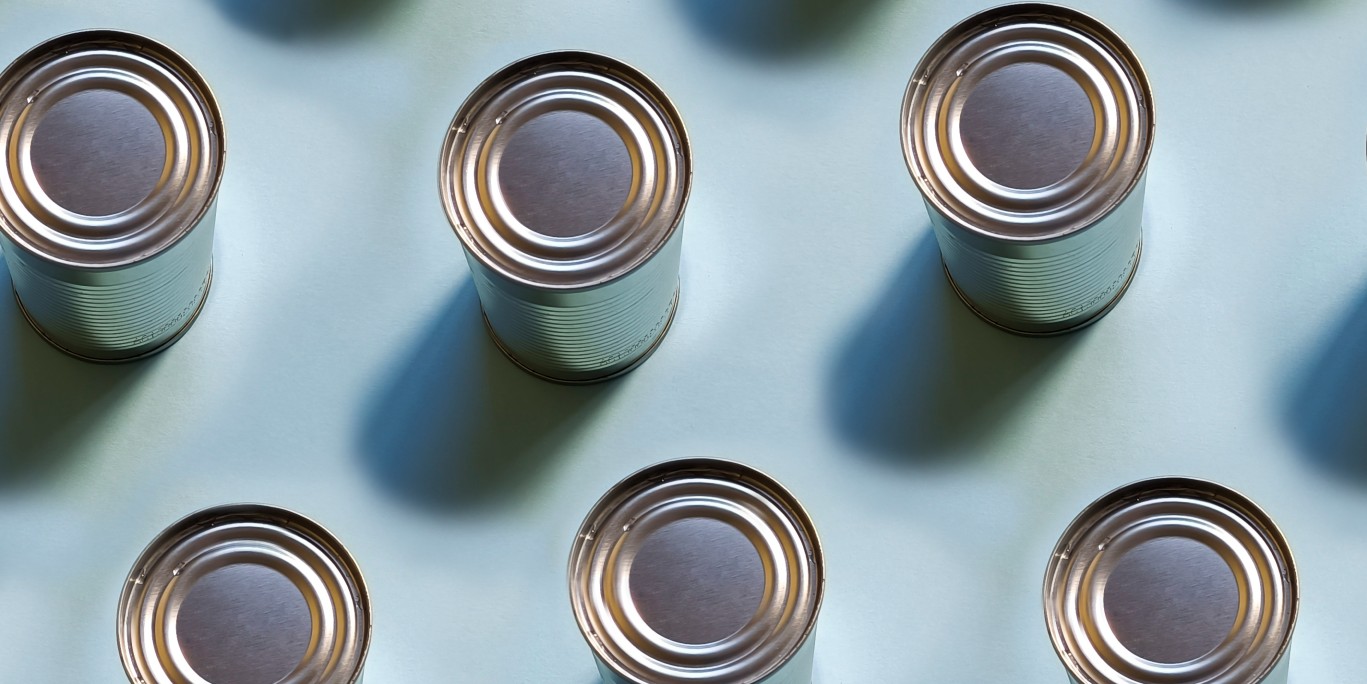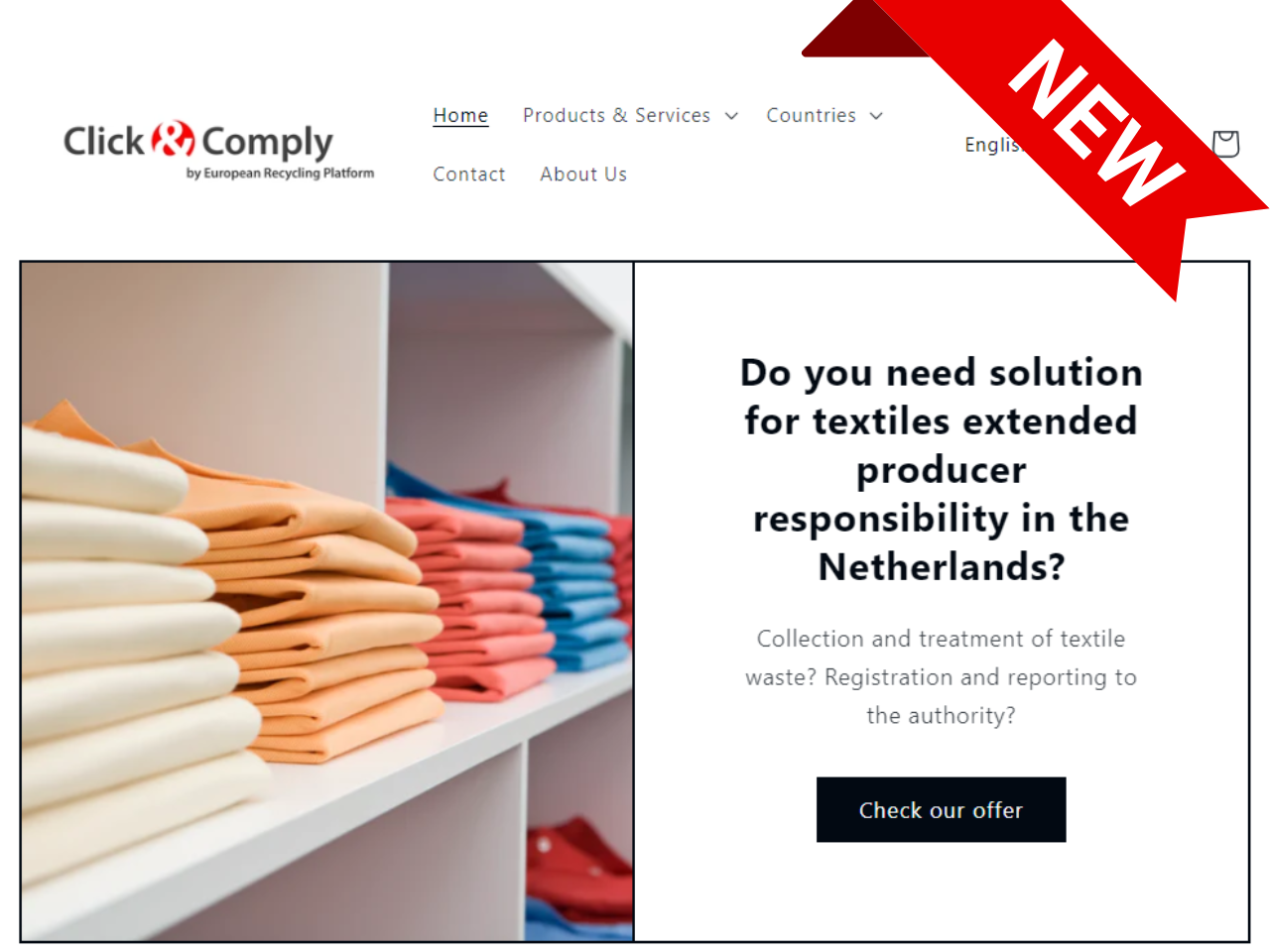Some of the country managers at European Recycling Platform (ERP) review the big changes and news where they are based. This month, we hear from Denmark, Ireland and Poland.
How will your company fulfil the new requirements for packaging in Denmark?
In 2025, Denmark will comply with the EU’s directive on extended producer responsibility (EPR) for packaging. The Danish Environment Protection Agency is in the process of preparing the implementation of the related legislation.
Landbell Group company, ERP Denmark is expanding its compliance offer to include packaging when the legislation is implemented on 1st January 2025.
ERP Denmark will therefore be able to help companies to comply with their EPR obligations for packaging as soon as the law is in force.
ERP Denmark also offers WEEE and batteries compliance for producers – and already has plans in place to help companies comply with the new requirements quickly and easily.
Please get in contact for more information.
ERP Ireland teams up with three generations of recyclers
To spread the message about making the circular economy a reality on International E-waste Day (14th October 2022), Landbell Group company, ERP Ireland teamed up with three generations of recyclers to help raise awareness around the role we can all play to repair, reuse, and recycle the unused electronic items in our homes.
The three generations of recyclers – Flossie the Beach Cleaner, as well as her mother and grandmother – participated in an ERP Ireland video to remind people about the importance of recycling e-waste, which is one of the fastest growing waste streams globally
Speaking at the launch of the multi-generational video, Martin Tobin, CEO of ERP Ireland said: “ERP is delighted to support Flossie and the Beach Cleaners’ vision of sustainability and recycling e-waste, as they drive home the importance of recycling in a circular economy. The recycling of electronic waste not only saves valuable natural resources, but also reduces the environmental harm of e-waste and supports our transition from a linear to a circular economy.”
Check out the multi-generational video here.
New collection target proposed for solar panels in Poland
In July 2022, the Polish Ministry of Climate and Environment proposed a draft regulation on calculating the minimum annual collection rate for WEEE, focusing on solar panels.
The Polish authorities were forced to propose a solution to the situation since the solar panels – which are classified in category 4 according to the EU’s WEEE Directive and are equipment with a long lifespan – were introduced onto the Polish market in a short time in large quantities, which could cause a shortage of access to waste.
The current method of collection calculation is based on a percentage of the average annual weight of equipment put on the market. The number of solar panels sold is growing as the industry booms.
However, since the products have a long lifespan, they do not generate enough waste and the EPR obligation is fulfilled by collecting other equipment from category 4. This could cause a shortage in accessibility to waste and threaten the achievement of collection targets for the whole category of products.
The proposed solution is to exclude the solar panels from the common method of calculating the collection obligation based on put-on-market data. Instead, the new method uses the amount of collected waste (generated waste) for solar panels as a base.
The proposed timescale for enforcing the new method is 1st January 2023.
Sign up for our monthly
report COMPASS here:
Your email


